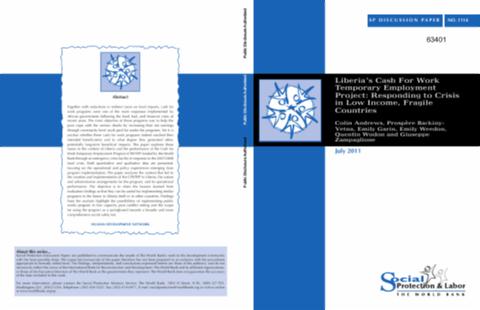Papun Incident Reports: November 2010 to January 2011
This report contains 12 incident reports written by a villager trained by KHRG to monitor human rights conditions, based on information provided by 12 different villagers living in hiding sites in Lu Thaw Township, Papun District between November 2010 and January 2011.[1] The twelve villagers described human rights concerns for civilians prior to and during displacement to their current hiding sites, including: deliberate firing of mortars and small arms into civilian areas; burning and destruction of houses, food and food preparation equipment; theft and looting of villagers' animals and p


